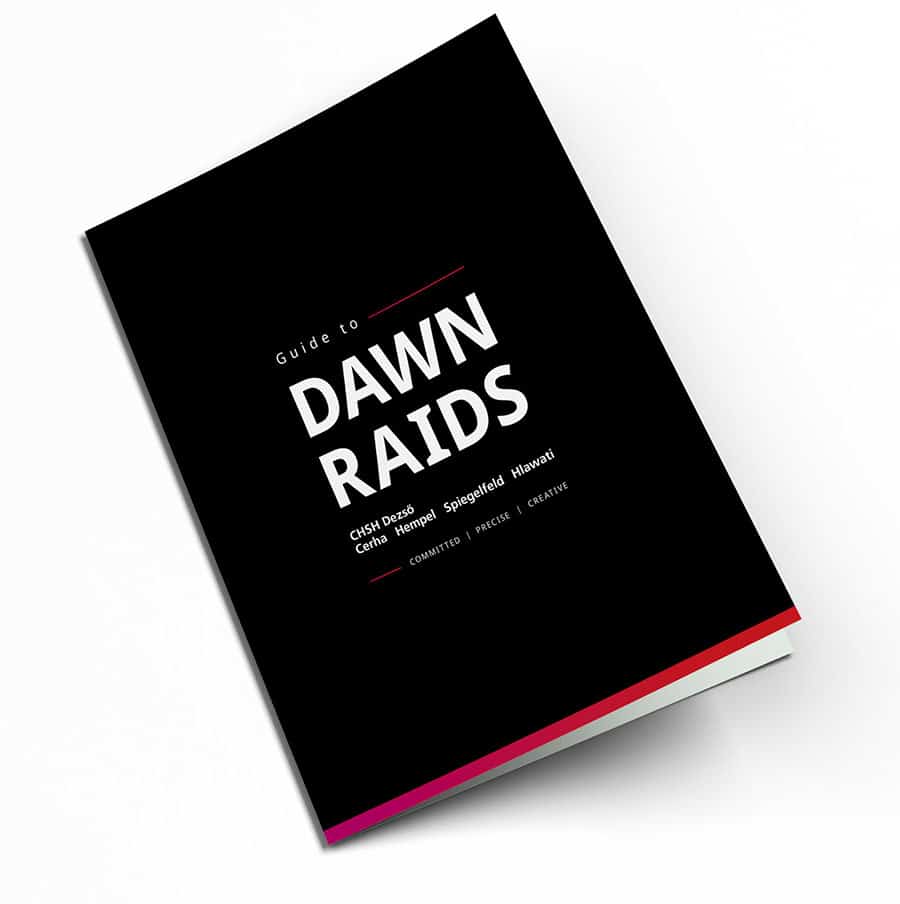At the initiative of the Hungarian Competition Authority (HCA), representatives of the competition law communities of the V4+ countries met once again in Budapest yesterday, this time in a conference held under the auspices of Hungary’s V4 Presidency.
According to our flash report filed from the event, the following were the most important topics discussed. The presentations will be available on the HCA’s website.
- As far as the auxiliary threshold for investigating concentrations [Hungary’s Competition Act, Section 24(4)] is concerned, a HCA official said that it was used only once since it was introduced in January last year. In all of the six cases where clients requested a pre-notification hearing, the HCA determined that an intervention was not warranted, and the parties were not required to file a notice.
- Slovenia must be a cartelist’s paradise. The presentation by a representative of the Slovenian competition authority painted a rather chaotic picture of the authority’s procedural rules. According to the bittersweet presentation, the authority first adopts a resolution in a multi-phase public administration procedure. It may not impose a fine in this procedure, and the resolution can be challenged in court. Once the court case concludes, the authority can file a lawsuit against the infringing company under Slovenian criminal law, and a fine can finally be imposed when that case is concluded. All this begs the question: How does Slovenia satisfy the requirements of Regulation 1/2003/EC (the obligation to apply EU competition law efficiently) with these rules?
- The Austrian authority is also in the process of implementing a merger reform. It was interesting to hear that the Austrians use time (retail outlets within a 20-minute drive) as the basis for determining the relevant market in the case of a merger between grocery shops, as opposed to the Hungarian practice (where distance from a shop, expressed in kilometres, is used for this purpose).
- Significant attention (an entire panel discussion) was devoted to the issues of compliance and cooperation with NCAs (we will discuss the related Hungarian developments in a separate post). In addition to the leniency policy, every Visegrad country has differing levels of other arrangements that are designed to encourage cooperation with the local competition authority. Also, it was an interesting bit of statistics that a warning, an option that has been available since September 2015 [Competition Act, Section 78(8)], has been used by the HCA only once, in a consumer protection case. Hopefully, the HCA will soon start using this arrangement, which is available in the case of the first antitrust offence by SMEs.


